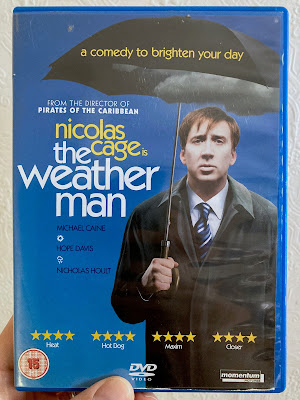It tells that political story as well as the tale of a young couple separated along social and religious lines.
Hugh Bonneville stars as the final Viceroy of India, Lord Dickie Mountbatten, and Gillian Anderson is excellent as his wife.
Overall, the film disappoints. Somehow it fails to bring all of this to life. The script never sparkles and the overuse of archive footage (or at least mocked-up archive footage) has the effect of distancing you from the action. Also, it’s never clear whether the British actors are being formal and stuffy on purpose or whether they simply don’t have particularly well-written parts.













